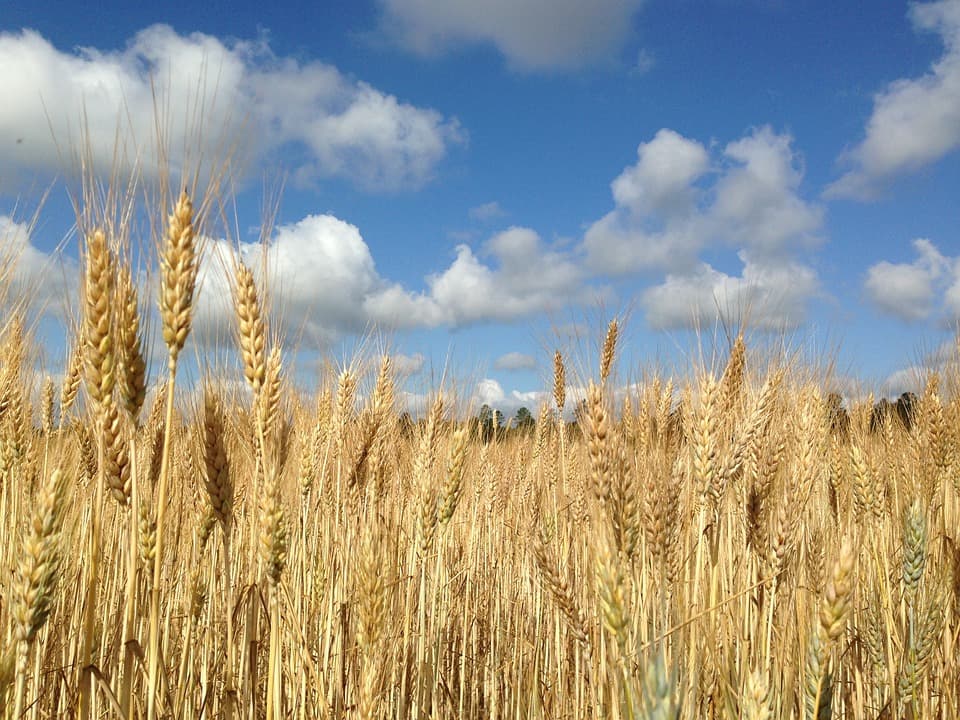
Demand for organic breads, pastries and grains is increasing in America, but not as fast as the organic wheat farms it takes to make them.
That's why the Denver-based flour-milling company Ardent Mills is pushing to double the organic wheat acres in this country by 2019.
Ardent Mills announced Wednesday it's expanding its program to help growers achieve organic certification to seven states and one Canadian province. The company with roughly 300 employees in the Denver metro also plans to reach eight organic-certified milling and packaging locations this year.
The company said Thursday it will soon have certified organic flour mills in Ogden, Utah; Mankato, Minnesota; and Saskatchewan, Canada. That's in addition to the organic facilities already in Commerce City and Denver.
Overall, Ardent Mills has about 2,400 workers in North America and is co-owned by three of the U.S.'s largest food processing and agriculture companies: Cargill, ConAgra Foods Inc. and CHS Inc.
Ninety percent of what Ardent Mills sells is traditional white flour. The other 10 percent is specialty products like organic wheat, the company's director of specialty Shrene White said Friday.
"Of course, we're always looking to expand our specialty products," White said. That's partly because people are willing to pay more for specialty products like organic flour.
But to sell organic flour, you gotta have organic wheat. And therein lies the rub.
"Demand is continuing to outpace supply," White said. According to the Organic Trade Association, almost 6 percent of total breads and grains sold in the U.S. are organic, but less than 1 percent of wheat grown is organic.
Ardent Mills is working to boost organic wheat production with growers in Colorado, Idaho, Kansas, Michigan, Nebraska, Texas and Wyoming and Saskatchewan, Canada.
In 2011, the U.S. had roughly 54.4 million acres of organic wheat, according to the U.S. Department of Agriculture. Ardent Mills announced plans in December 2015 to double organic wheat acreage.
The company declined to share specific numbers about sales or revenue but said it's seeing "quite a bit of new interest" in organic products.
Organic bread and grains sales amounted to $1.4 billion in 2005 and $3.2 billion in 2014, according to Washington State University.
Subscribe to Denverite’s newsletter here. Business & data reporter Adrian D. Garcia can be reached via email at [email protected] or twitter.com/adriandgarcia.












